THE art of British artist Tracey Emin is not the first place you might look for insights into the economic crisis, but in the past few days, as world leaders have tried to haul us back from the edge of disaster, I have been haunted by the photographic self-portrait where she sits, having apparently given birth to a pile of bank notes and coins.
The piece, entitled I've Got It All is part self-mockery and part serious introspection. As she scoops up her money, she is defying the detractors who say her art is ludicrously over-priced. At the same time, with her vulnerable, downward gaze, she seems to be asking herself am I really worth it? The image is floating round my mind because it seems to address the confusion running through society in the years leading up to the crunch there was an apparent abundance of easy material wealth, but deep doubt and insecurity about intrinsic values. Bafflement at crazy asset prices and bonuses fanned out of Wall Street and the City of London into the wider world; as we lost our grip on financial values, our handle on cultural, social and moral values became less secure too.
Sticking with conceptual art for a moment, a friend of mine told me a little story which I found darkly delicious. A few months ago, a hedge fund manager approached my chum for advice on a business idea he wanted to syndicate Damien Hirst's diamond-encrusted skull. The plan was to put together a consortium of investors to buy it, then to make a return by charging for the skull to appear in films, museums and at rich people's parties.
The hedgie eventually abandoned the idea because he couldn't make up his mind whether the piece was actually worth $90m. How would you assess its value? Is it art? Is it right for a hedge fund manager to treat a Damien Hirst like a bunch of sub-prime mortgages?
Clever artists such as Hirst and Emin play on those uncertainties. Clever financiers exploit their equivalent in the financial world.
There are always some people whose principles — in investment and life — remain unwavering in the face of any maelstrom. This collapse is likely to be profitable for one fund manager who has for decades made a point of sticking to his own fundamental notions of value the American billionaire Warren Buffett. His great mentor was Benjamin Graham, an influential American investor whose key insight was that, on the stock market, there is a deceptively simple duality. Graham called this the Class One versus the Class Two truth. A Class One Truth is a sober assessment of a company's objective worth at a point in time the figure you get after you add up the value of its property, cash and other assets, then subtract its debts.
A Class Two Truth, by contrast, is based on external factors such as emotion, fashion and herd instinct it is 'true' only for as long as we continue to believe in it, just as a designer handbag is only worth $10,000 if people think so. When there is a discrepancy between the two types of truth on the stock markets, there is a chance to make money.
The distinction can be stretched a little wider Buffett dislikes debt because of the concrete Class One downside to borrowings they have to be repaid. That is particularly dangerous if you have borrowed against a Class Two asset, whose dubious value might evaporate. Plainly, the bankers who took a wrecking ball to the world's financial system would have done well to have studied the writings of Ben Graham.
Confusion over values seems to have migrated into all sorts of other arenas, not least the public figures we choose to admire. Take two women, both young, both attractive, both named Nicole. The first, Nicole Cooke, won a cycling gold medal for Team GB in Beijing this summer, yet she is much less of a celebrity than Nicole Richie, whose accomplishments are to be a clotheshorse and the on-off best friend of Paris Hilton. Nicole Cooke has Class One fame her gold medal will shine whether the public looks at it or not; Nicole Richie is Class Two, and is only famous if we think she is.
The gap between real and fantasy values is hitting hardest, of course, in the housing market. In the UK, the so-called Halifax index became as much a barometer of national esteem as a measure of property values. Homeowners elided the rising value of their semi with their social and even personal worth — we boasted of increasing prices as if they were achievements, and those who could not afford to get on the ladder were made to feel like outcasts.
As consumers, too, many of us came adrift. Face-creams for $200 — why not? A dress for $10,000 — a snip. The language of the markets invaded the fashion pages as garments are described as 'investment pieces'. In the latest copy of Grazia magazine, there is an article about 'Fashorexics' women whose approach to the credit crunch is to skimp on food so they can still afford their designer wardrobes.
The tension between Class One and Class Two values is deep in our mythology. It drives the narrative of fairy tales like Cinderella and her ugly sisters. The clash can be comic, but it can be deadly serious. The two sets of values are often at war within our own psyche we'd like to think we're sceptical, salt of the earth Class One people but at the same time, it's hard to resist a bit of surface glitter.
Somewhere inside, something didn't feel right, and we want to restore our equilibrium. Part of that is about revaluing things that don't register on the financial markets the soaring grace of a ballerina, a good book on a cold winter evening, an evening with old friends, an unexpected kindness. There has been a lot of talk about embracing a return to austerity, but puritan virtues are over-rated. What we can hope for is that out of the wreckage we can build a more balanced, less brittle, form of prosperity. We've tried a second class economy, and second class values — now we should aspire to first class.
— The Guardian, London

















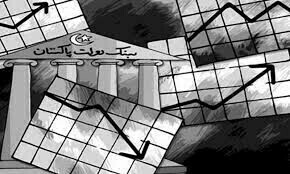

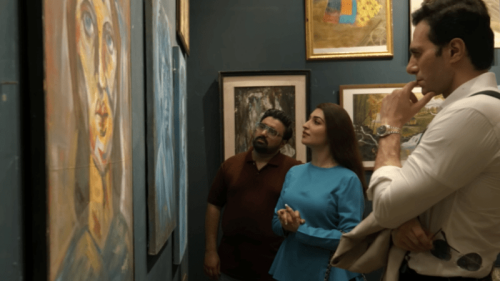







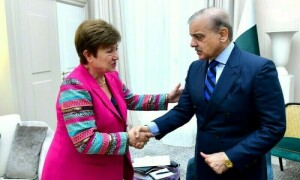




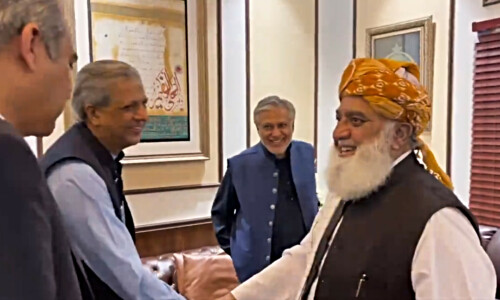
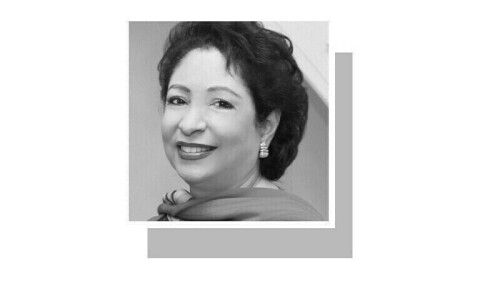



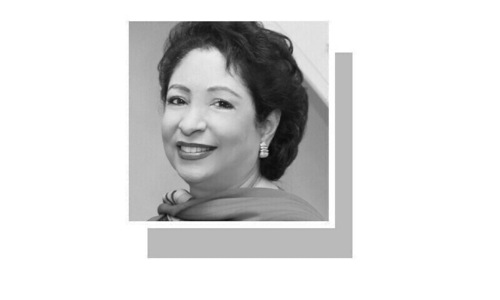






Dear visitor, the comments section is undergoing an overhaul and will return soon.